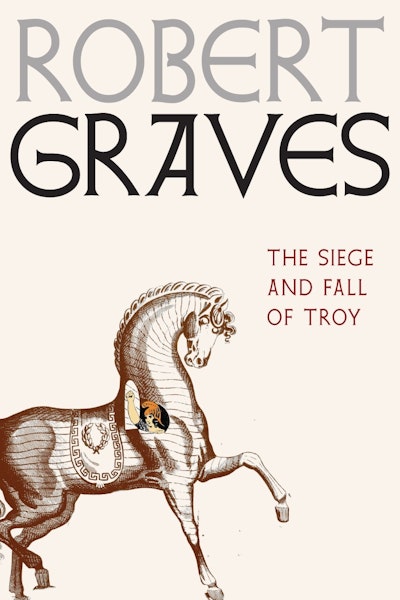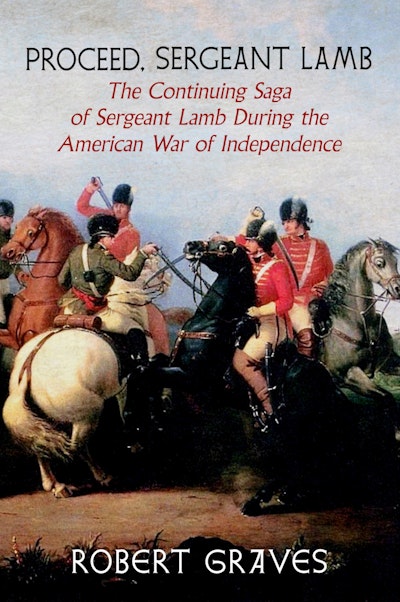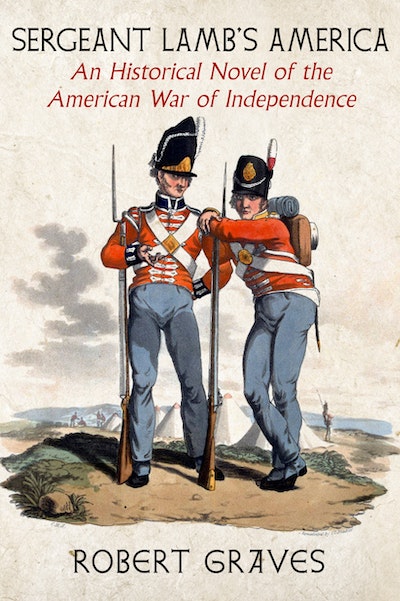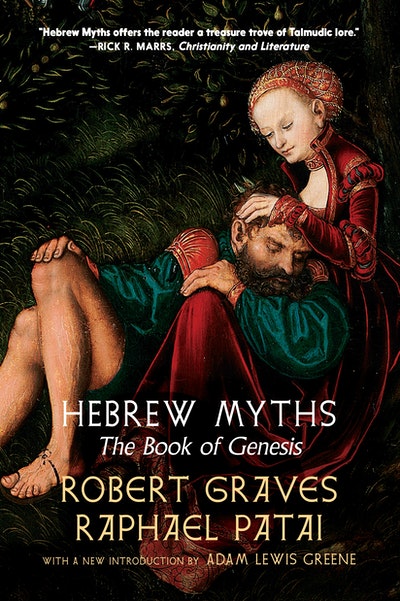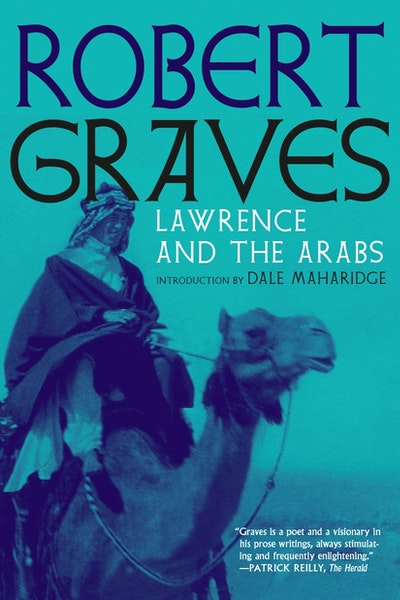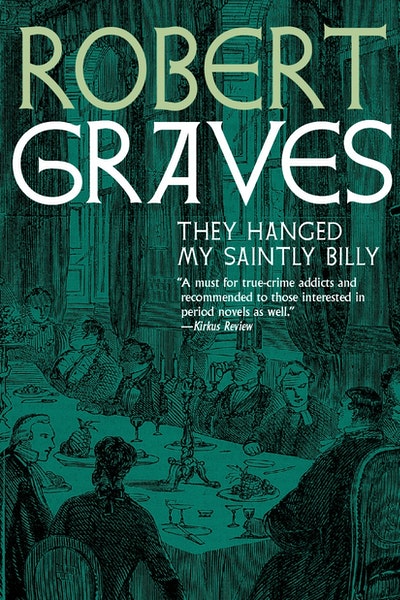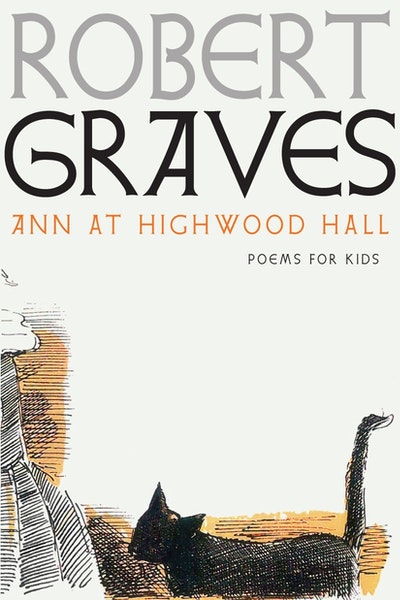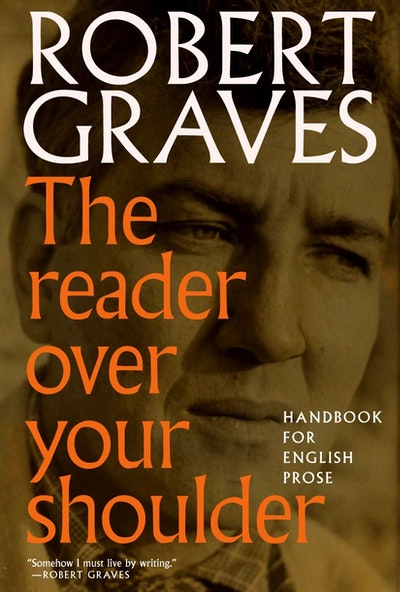For centuries, the ancient world was electrified by the story of the ten-year war that brought down the ancient city of Troy and destroyed the lives of countless Greek and Trojan warriors. In the modern world, according to Robert Graves, “English literature, to be properly understood, calls for as close a knowledge of the Trojan War as of the Bible.” Here are ambition, greed, cruelty, suffering, madness, treachery, jealousy, pride, and foolishness in abundance, a tale of woe that brings the ancient world into a modern context.
The ancient city of Troy was sacked sometime early in the twelfth century BC; The Iliad and The Odyssey were composed some four or five centuries later. But there were many other accounts besides Homer’s, and Graves uses them all. His writing style is sleek, action- driven, and to the point. A great story like this deserves a great story-teller, and gets all that and more in Robert Graves.
